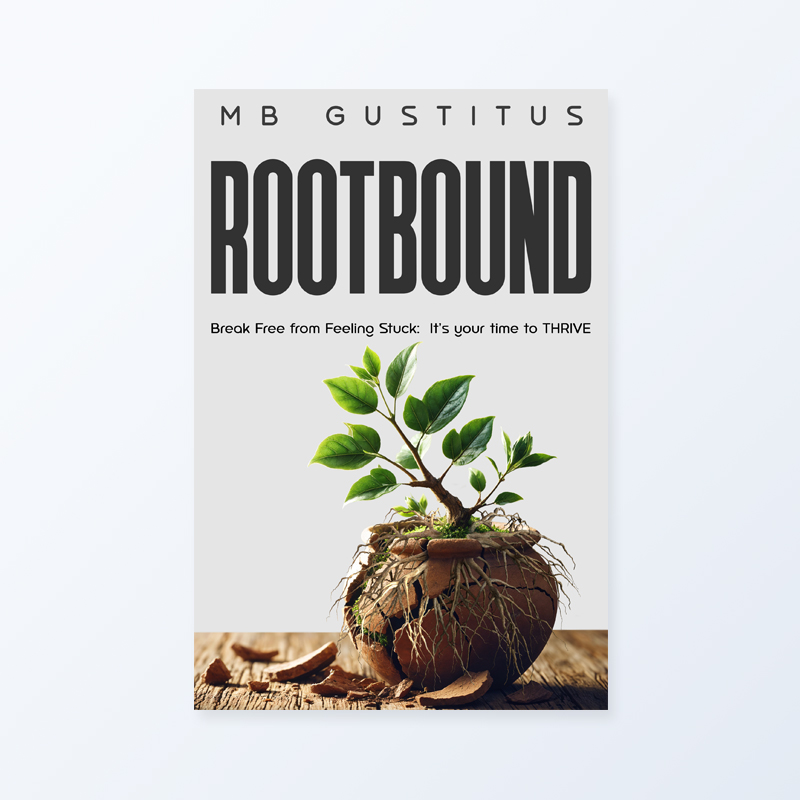To-Do List Obsession Can Lead To Burnout
Are you someone who meticulously plans out their day and fills it with multiple tasks? If so, you may be in danger of succumbing to a to-do list obsession that can lead to an eventual feeling of burnout. It’s common for professionals – especially those who often juggle many responsibilities at once – to feel the pressure of needing to do more every single day. But prioritizing certain duties over others can be a difficult task, which is why having a detailed plan in place helps keep things organized and on track. Unfortunately, too much focus on your daily lists can result in working longer hours or becoming overwhelmed by even small changes. In this blog post, we’ll discuss how being obsessed with your never-ending list of tasks could actually hurt productivity and sap energy levels, leading you right down the road to burnout.
What is to-do list obsession and why can it be detrimental to our health and well-being
In today’s fast-paced world, it’s easy to feel overwhelmed by the never-ending tasks and responsibilities that come our way. To try to manage everything, many people turn to to-do lists as a way to organize and prioritize their day-to-day activities. While these lists can indeed be helpful, some individuals take it to the extreme and become obsessed with checking off every single item on the list, even to the point of sacrificing their health and well-being. This obsession can lead to stress, anxiety, and burnout, as individuals feel like they must constantly be productive and accomplish more. It’s important to recognize the benefits of to-do lists while also being mindful of their potential negative impact on our mental and physical health.
How to recognize signs of burnout caused by too much to-do list perfectionism
In today’s fast-paced world, it’s easy to get caught up in to-do list perfectionism. It’s great to be organized and have a plan of action, but when that plan becomes all-consuming, it can lead to burnout. Burnout caused by too much to-do list perfectionism can have serious consequences on your physical and mental health. If you’re constantly pushing yourself to meet unrealistic goals and deadlines, it’s important to recognize the signs of burnout before it’s too late. Some common symptoms of burnout include exhaustion, insomnia, anxiety, and irritability. If you’re experiencing any of these symptoms, it’s time to take a step back and re-evaluate your approach to your to-do list. Remember, it’s okay to prioritize self-care and set realistic goals for yourself.
Benefits of accepting imperfections in your life and letting go of unnecessary tasks
Embracing imperfections and relinquishing unnecessary tasks can lead to a more fulfilling life. Constantly striving for perfection can be exhausting and ultimately unattainable. Accepting that mistakes are a natural part of life allows for growth and learning. Letting go of tasks that do not serve a purpose can free up time and energy to focus on things that truly matter. It can also lead to a sense of liberation and reduced stress. Learning to accept imperfections and letting go of unnecessary tasks can be a difficult process, but it ultimately leads to a more balanced and content life.
Strategies for setting realistic goals and prioritizing tasks based on importance
Setting realistic goals and prioritizing tasks can be challenging, but it is essential for personal and professional success. To start, identify your long-term objectives and break them down into manageable tasks. Next, consider the importance and urgency of each task and prioritize accordingly. Be honest with yourself about what you can realistically accomplish in a given time frame, and don’t forget to build in buffer time for unexpected setbacks. When prioritizing tasks, also think about the potential impact each one will have on your goals and focus on those that will propel you forward the most. By following these strategies, you can set yourself up for success and work towards achieving your goals with purpose and efficiency.
Practical tips for staying organized while maintaining a healthy work/life balance
Maintaining a healthy work/life balance can be a challenge, but it’s essential for avoiding burnout and increasing your productivity. The key to success is staying organized. By creating a solid foundation of organizational habits, you can streamline your daily routine and reduce stress. Start by prioritizing your tasks. Make a to-do list each day and tackle the most important items first. Utilize time-management tools like timers and calendars to keep track of deadlines and appointments. Additionally, keep your workspace clean and clutter-free to minimize distractions. Remember to take breaks and prioritize self-care, such as exercising and getting enough sleep. By incorporating these practical tips into your routine, you can achieve a healthy work/life balance and enjoy more fulfillment in all areas of your life.
Mental health hacks for managing stress associated with an overstuffed schedule
In today’s fast-paced world, managing an overstuffed schedule can be a daunting task. It’s not uncommon to experience stress and anxiety in such situations. One of the most effective ways to keep your mental health in check is to have some stress-busting techniques up your sleeve. Incorporating simple hacks into your daily routine can make a significant difference in managing the stress related to an overstuffed schedule. For instance, practicing mindfulness and meditation can help calm your mind and improve your overall well-being. Similarly, indulging in physical exercise or engaging in activities that you enjoy can also help keep stress at bay. Choosing to take a break occasionally and doing something that brings joy and relaxation to your mind can help boost productivity and make you feel more refreshed. Remember, managing stress is essential to maintain good mental health, and by practicing these mental health hacks, you can achieve just that.
To-do list obsession can feel overwhelming and take a toll on your mental health, but it doesn’t have to be this way. By learning to recognize the signs of burnout related to too much perfectionism in regards to your list, positively reframing the tasks you need to do, and training yourself to practice healthy boundaries when it comes to how much work you do in a day, you can make progress without sacrificing your sanity. Taking time for yourself is essential for protecting your wellbeing and improving overall productivity. Be sure to start each day organized and with specific goals written down that you hope to accomplish in order to create structure and maintain balance between personal time and work. Do not forget that it is ok, even necessary at times, to simplify your schedule by letting go of certain tasks in order for life’s natural ebb and flow stay in balance. With these helpful tips and mental health hacks in mind, we encourage you try taking a step back from any habits that have become taxing on your body or over-consuming on your time—you’ll likely experience a better outcome than if you’d continued without adjusting course.





